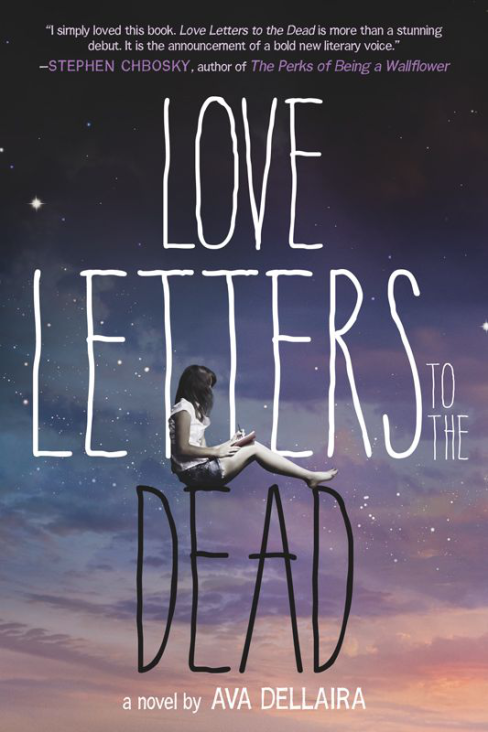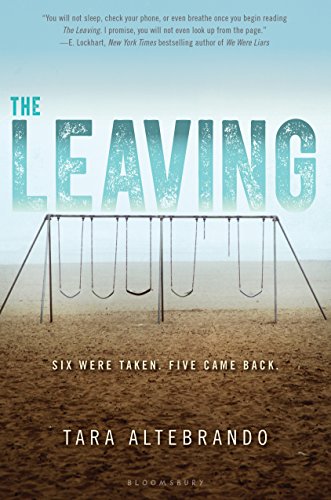Despite being about an alien who crash lands on Earth and finds himself stranded in New York City, The Brother from Another Planet takes its time getting to being a fish out of water story. Even when it does, it’s more like a fish being carefully transported in a cup of water to maybe some more water story. Writer-director-editor Sayles and star Joe Morton create this perfect point of entry–the alien (Morton) who crash lands and discovers New York–and then they entirely ignore that possiblity. Morton’s alien can’t speak. The viewer has his backstory, but no understanding.
So when Morton’s moving into a location, even though the viewer is meeting new characters simultaneous to Morton, it’s flipped because the humans are trying to figure him out just like the viewer. Sayles balances it perfectly. Morton’s calm, silent, which gives Sayles room to fill the soundtrack with conversation and sound and music. As the viewer finds their footing in how Sayles is telling this story, the style changes as the story develops. Brother has an incredibly peculiar structure.
Morton’s in New York, looks human besides his feet, and has magic fixing things (technical and biological) powers. He’s a Black man and he’s in Harlem. He goes to a bar, meets its regulars, and Sayles sets up almost half the movie. Brother’s present action is short–seems like around a week–and Sayles doesn’t pace it evenly. All the setup is also important because the characters all recur. Because in the middle of the first half, where Morton’s a fish out of water but not having that experience (he’s being treated as a human in need, not a marooned space alien), Sayles reveals Morton’s on the run.
He’s on the run from Sayles. And–wait for it–David Strathairn. They’re credited simply “Men in Black.” And they’re aliens too. Only they can talk and screech like angry cats when they get excited. And they run like morons. They’re hilarious. Because Brother’s a comedy. It’s occasionally serious, it’s occasionally scary, but it’s a comedy.
Except when it’s not. Because in the second half, it becomes this gentle romance and also this gritty crime procedural. Only, in the case of the latter, it’s out of nowhere because the viewer isn’t privy to Morton’s thoughts. It’s all guesses. Sayles doesn’t fetishize the mystery either. It’s just part of Morton’s character; despite being the lead, the film isn’t from his perspective. He’s always the lead, but only sometimes the protagonist.
Morton’s phenomenal. He’s got to let the audience in, but never the cast. He actually doesn’t get much to do at the beginning, once opening set piece is done. He gets more to do in the second half and it’s an abrupt, graceful transition. Sayles’s plotting of the film is exquisite. He’s got this big cast and everyone gets a lot to do. They don’t get it all at once, they’re never fighting for room, they just–eventually–all get a lot to do. It does mean sometimes a great supporting performance doesn’t get much more material, but it also means sometimes the great performance comes later in the role. It’s uneven, but graceful. Morton, Sayles, composers Martin Brody and Mason Daring, they all keep the moments consistent, even if there’s a big style change.
Sayles indulges without ever losing track of the story or Morton. His editing is great. The rhythm he creates, once Morton steps into the bar, has so much depth, it fits the supporting cast. And the supporting cast is big and excellent.
The bar guys are Daryl Edwards, Steve James, Leonard Jackson, and Bill Cobbs. They’re great. Tom Wright and Maggie Renzi are social workers. They’re great. Wright is playing the hero of a stranded space alien story, but doesn’t know it and Sayles isn’t interested in doing that story. Wright’s just the more traditional protagonist.
Caroline Aaron, Rosetta LeNoire; great. Jaime Tirelli… awesome. Fisher Stevens, awesome. Then there’s Dee Dee Bridgewater who sets off a completely different rhythm and type of storytelling. It’s like the first act of Bridgewater’s movie got dropped into the second act of Brother. But it works because Sayles has established the irregular pace.
Bridgewater’s great. Of course she’s great.
Good photography from Ernest R. Dickerson. Sayles’s composition is pragmatic and tied into Morton’s narrative distance and the script. Dickerson help makes it seem ambitious.
It’s great. The Brother from Another Planet is another one of those great movies where I just say “great” a lot because I think the repetition, despite employing the same adjective over and over, is also accurate. It’s great. Things are great about it. It’s a masterful delight.
 ★★★★
★★★★
CREDITS
Written, directed, and edited by John Sayles; director of photography, Ernest R. Dickerson; music by Martin Brody and Mason Daring; production designer, Nora Chavooshian; produced by Peggy Rajski and Maggie Renzi; released by Cinecom Pictures.
Starring Joe Morton (The Brother), Dee Dee Bridgewater (Malverne Davis), Steve James (Odell), Bill Cobbs (Walter), Leonard Jackson (Smokey), Daryl Edwards (Fly), Tom Wright (Sam), Caroline Aaron (Randy Sue Carter), Herb Newsome (Little Earl), Jaime Tirelli (Hector), Maggie Renzi (Noreen), John Sayles (Man In Black), David Strathairn (Man In Black), and Rosetta LeNoire (Mama).
RELATED
- OTHER FILMS DIRECTED BY JOHN SAYLES
- OTHER 1984 RELEASES
- More





